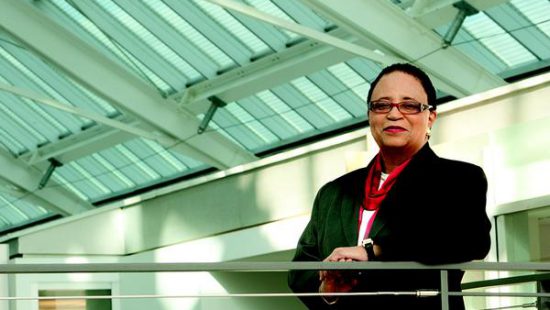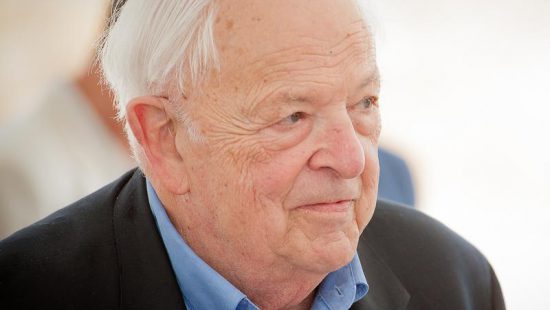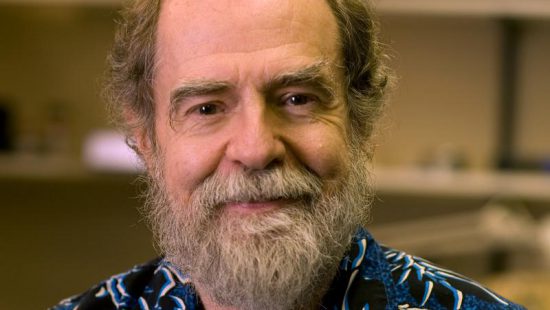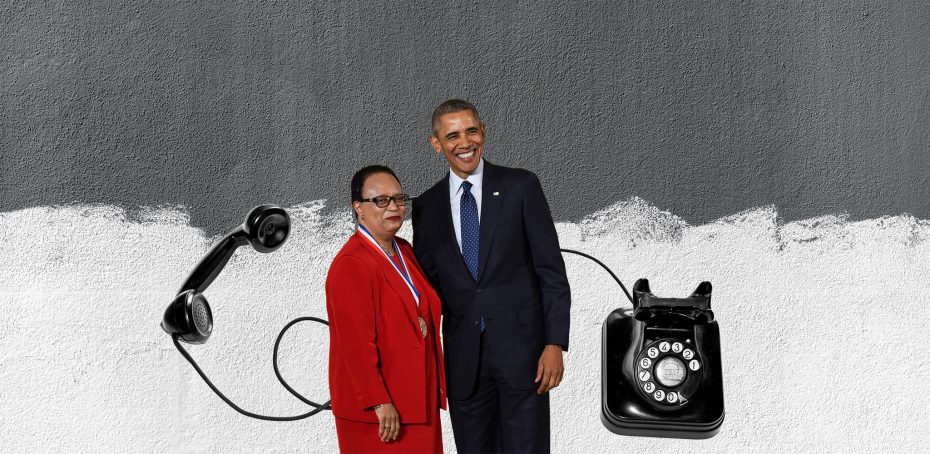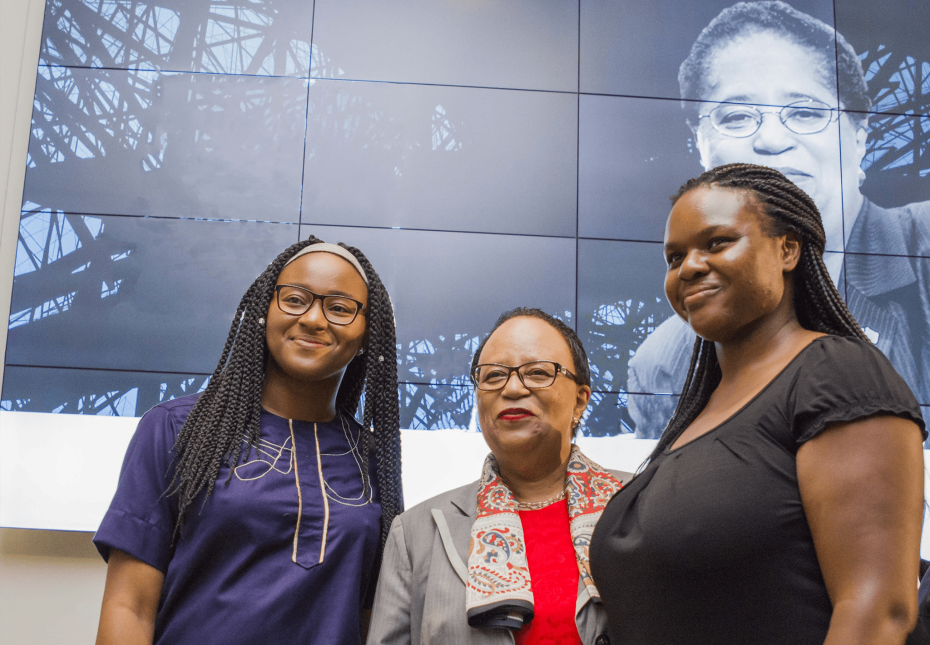As a child, Wolfgang K. H. Panofsky – “Pief” for short – and his brother built toys.
Their many creations, small and intricate, included an “automated vending machine to sell candy and cigarettes at exorbitant prices to their father’s art history students at their seminars.”
In his later years, the German born scientist turned his attention to something so tiny it can’t be seen by the naked eye.
In the 1940s, Pief studied the pion, a subatomic particle of the proton, successfully isolating a variant called the “neutral pi meson.”
For more than 20 years, Panofsky served as founding director of the Stanford Linear Accelerator Center in California, overseeing research using the center’s two-mile-long electron accelerator.
Panofsky’s studies – specifically his work with the Manhattan Project, America’s secret efforts to build an atomic weapon – greatly influenced his commitment to scientific ethics and advocacy for worldwide information-sharing and cooperation among researchers.


